We have some great events coming up over the next few weeks to help support you in your research activities. These events are delivered as part of the overarching Research and Knowledge Exchange Development Framework – RKEDF.

Wednesday 4th September:
Introduction to Research Data Management and Open Data,
11:00 – 13:00 on the Talbot Campus
For any academic or PGR who wishes to develop their Research Data Management (RDM) best practice.
Booking and more information.
Thursday 5th September:
Research Output Writing Day
09:00 – 17:00 at a Bournemouth venue
For BU authors to work on their research outputs, free from everyday distractions and with a collaborative focus on productive writing with other BU authors.
Booking and more information.
Tuesday 10th September:
British Academy Visit
11:00 – 14:00, Talbot Campus, Fusion Building, FG04
Members from the British Academy will provide an overview of the British Academy, the type of funding offered, their grant-awarding processes, key considerations and short presentations from current award holders.
Booking and more information.
Thursday 12th September:
GCRF Best Practice Workshop
09:30 – 16:00, Talbot Campus, Fusion Building, FG04
The GCRF Panel invites academics involved, or wishing to be involved in ODA related research projects to a one–day workshop/’wash-up’ to review best practice, identify future synergies and to highlight common issues and challenges confronting GCRF projects at the University.
For booking and more information contact RKEDF.
On the RKEDF intranet page, training events have been grouped around your needs, so if, for example, you are an Early Career Researcher or need to know about external funding, you can click on the link to find a tailored list of all the RKEDF sessions that may assist you. You can also find related events by using the link on each session’s page.
You can also see all the Organisational Development and RKEDF events in one place on the handy calendar of events.
Please note that all sessions are now targeted, so look closely at the event page to ensure that the event is suitable for you. In addition, many RKEDF events now require the approval of your Head of Department (or other nominated approver). Please follow the instructions given on the event page and the template email for you to initiate the booking request.
If you have any queries, please get in touch!


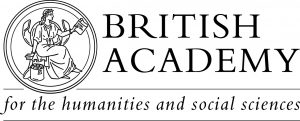


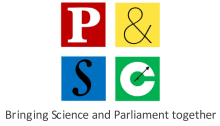
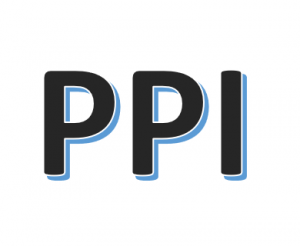


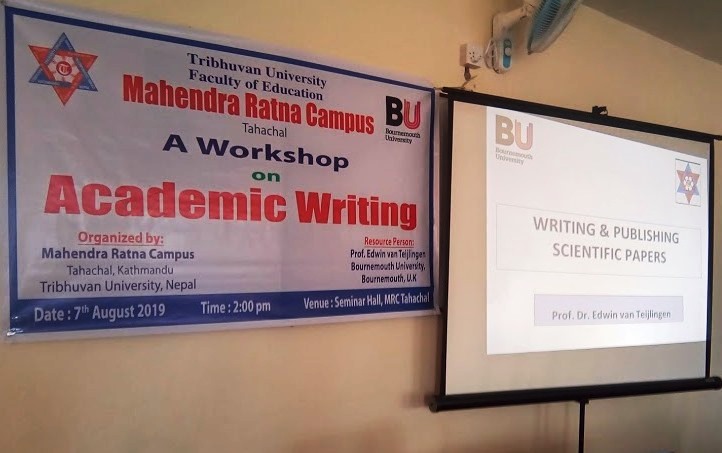

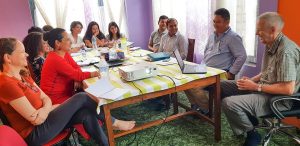
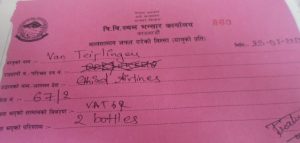
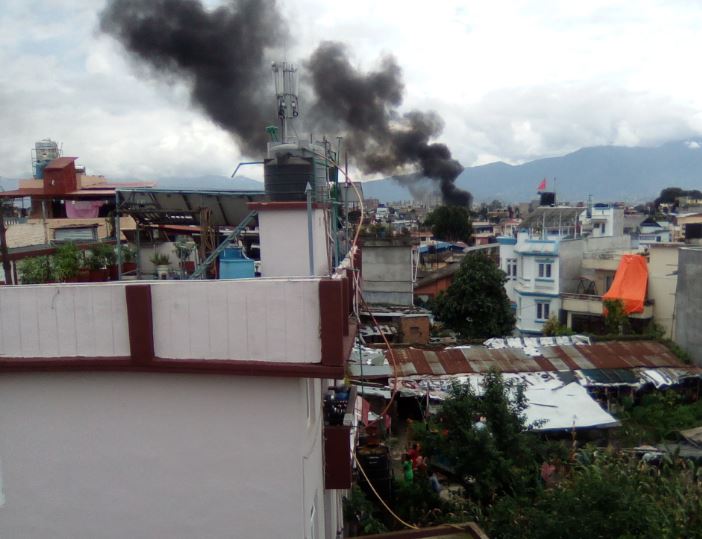
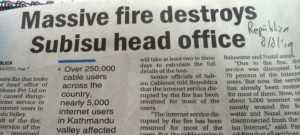
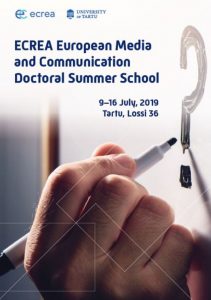 Daniel Hills (FMC PGR) has recently returned from the European Communication Research and Education Association (ECREA) European Media and Communication Doctoral Summer School. This year it was held at Tartu University, Estonia between 9th to 16th July.
Daniel Hills (FMC PGR) has recently returned from the European Communication Research and Education Association (ECREA) European Media and Communication Doctoral Summer School. This year it was held at Tartu University, Estonia between 9th to 16th July. 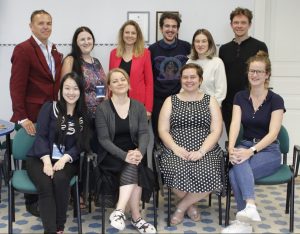 I gained a great deal of insights, useful techniques and a re-ignition of enthusiasm towards my research throughout the 8 days, and would encourage anybody whom is more than a year into their research to apply for the 2020 version. I graduated with 10 ECTS points on the final day, but more importantly new-found knowledge and a new direction to progress with my PhD, and a whole lot of new friends and peers. I am planning on writing a paper with one of my new friends whom is interested in a similar field to my own. All in all, the ECREA European Media and Communication Doctoral Summer School has been one of the most useful academic experiences of my career to date.
I gained a great deal of insights, useful techniques and a re-ignition of enthusiasm towards my research throughout the 8 days, and would encourage anybody whom is more than a year into their research to apply for the 2020 version. I graduated with 10 ECTS points on the final day, but more importantly new-found knowledge and a new direction to progress with my PhD, and a whole lot of new friends and peers. I am planning on writing a paper with one of my new friends whom is interested in a similar field to my own. All in all, the ECREA European Media and Communication Doctoral Summer School has been one of the most useful academic experiences of my career to date. Daniel Hills is a PhD researcher in the Faculty of Media and Communication at Bournemouth University, and is focusing his research in advertising planning and practice theory, aiming to complete in 2020.
Daniel Hills is a PhD researcher in the Faculty of Media and Communication at Bournemouth University, and is focusing his research in advertising planning and practice theory, aiming to complete in 2020.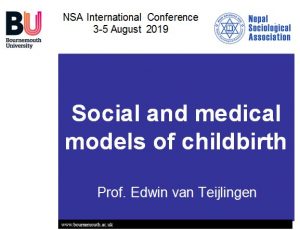
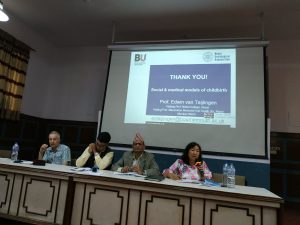
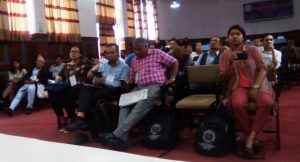
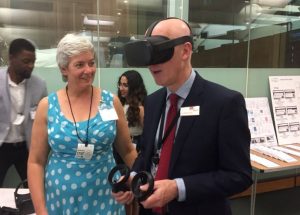
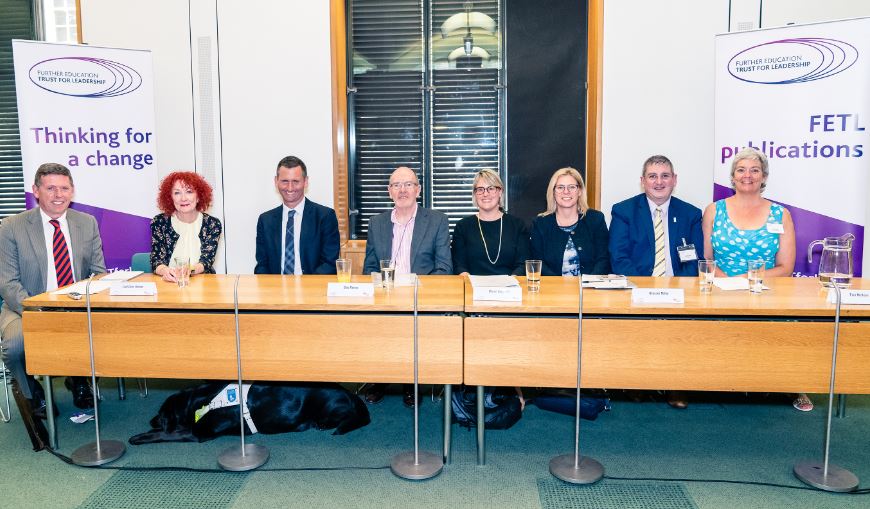
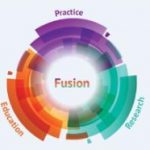
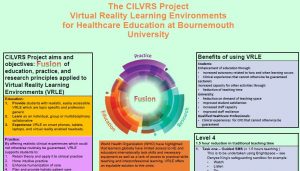











 From Sustainable Research to Sustainable Research Lives: Reflections from the SPROUT Network Event
From Sustainable Research to Sustainable Research Lives: Reflections from the SPROUT Network Event REF Code of Practice consultation is open!
REF Code of Practice consultation is open! BU Leads AI-Driven Work Package in EU Horizon SUSHEAS Project
BU Leads AI-Driven Work Package in EU Horizon SUSHEAS Project ECR Funding Open Call: Research Culture & Community Grant – Apply now
ECR Funding Open Call: Research Culture & Community Grant – Apply now ECR Funding Open Call: Research Culture & Community Grant – Application Deadline Friday 12 December
ECR Funding Open Call: Research Culture & Community Grant – Application Deadline Friday 12 December MSCA Postdoctoral Fellowships 2025 Call
MSCA Postdoctoral Fellowships 2025 Call ERC Advanced Grant 2025 Webinar
ERC Advanced Grant 2025 Webinar Update on UKRO services
Update on UKRO services European research project exploring use of ‘virtual twins’ to better manage metabolic associated fatty liver disease
European research project exploring use of ‘virtual twins’ to better manage metabolic associated fatty liver disease